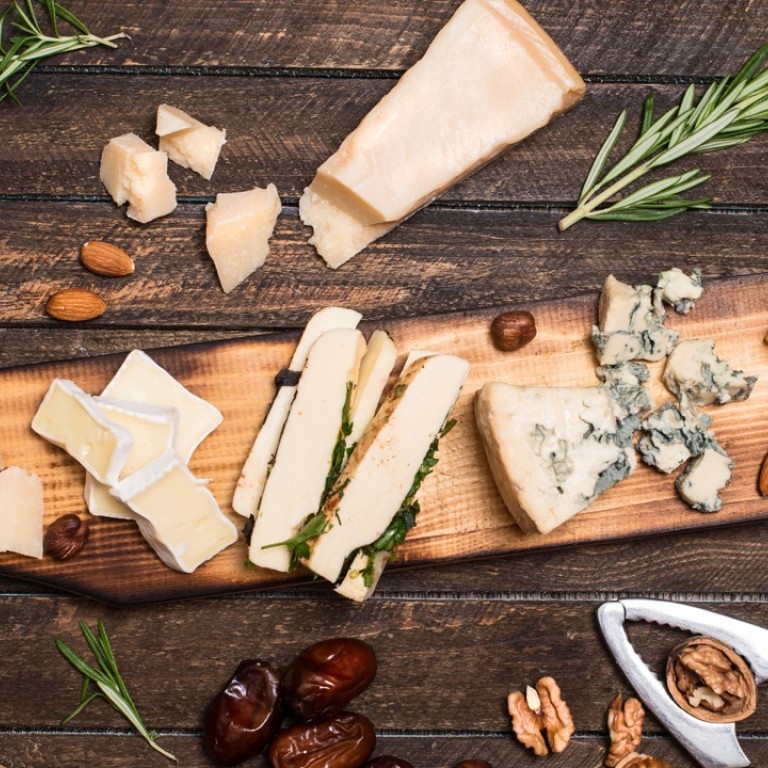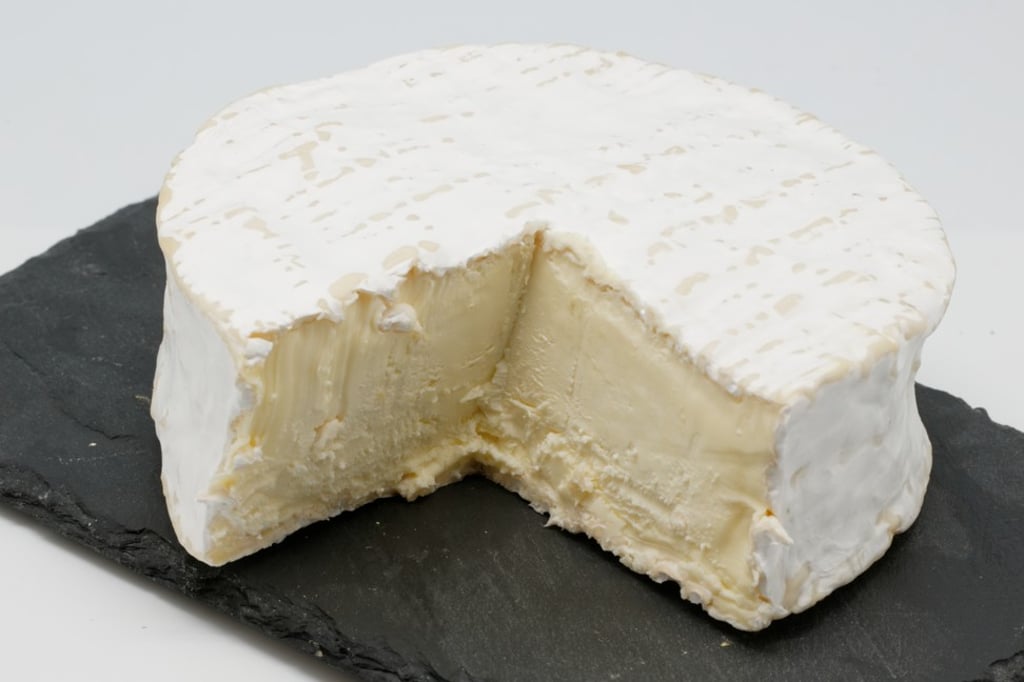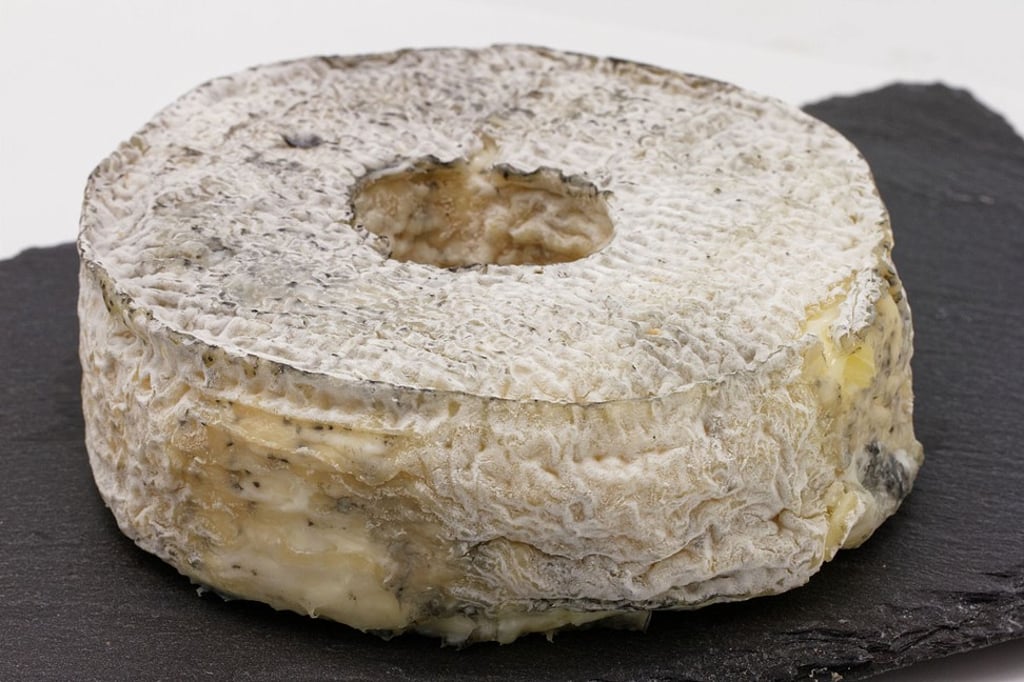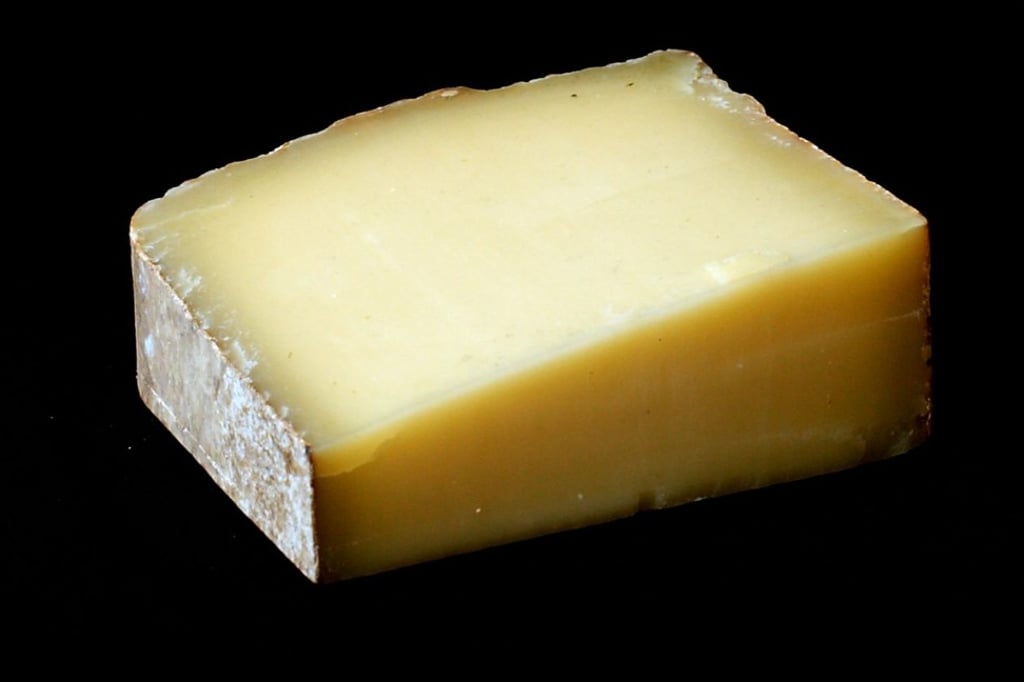World Cheese Day: what you need to know about the dairy product

Check out our round-up of cheeses and wines that should be paired with them
If you’re anything like me, you’re the odd one out at the table who goes for the cheese platter after dinner when everyone else orders a sweet dessert. Even self-professed cheese lovers, however, need a bit of help when it comes to the perfect accompaniment to their selection of coagulated dairy. So if you want to Brie the one who slices a better Cheddar, it’s a Gouda idea to check out this How to Eat guide.
Too cheesy? Let’s get on with it then.

For creamy Brie cheeses, such as this Brillat-Savarin, for example, earthy flavours like mushrooms will add dimension and a touch of umami to the cheese, while an elegant Champagne will cut through the richness but still balance its creaminess.
In the video: Brillat Savarin and black truffle with Champagne Blanc des Millénaires 1995

For a soft goat cheese with rind – yes, you’re supposed to eat it too – the nutty flavour profile of the cheese and slight ashiness of the rind don’t need much accompaniment except perhaps bread or toast. The fruitiness of a good Sancerre will complement the cheese without distracting from it.
In the video: Rouelle Cendrée with Sancerre Clos la Neore 2014 Edmond Vatan
